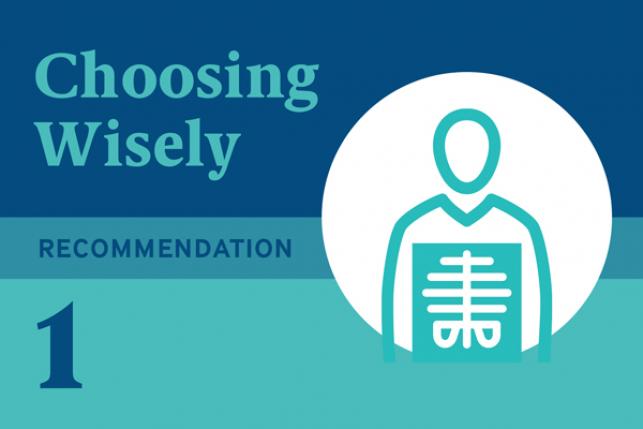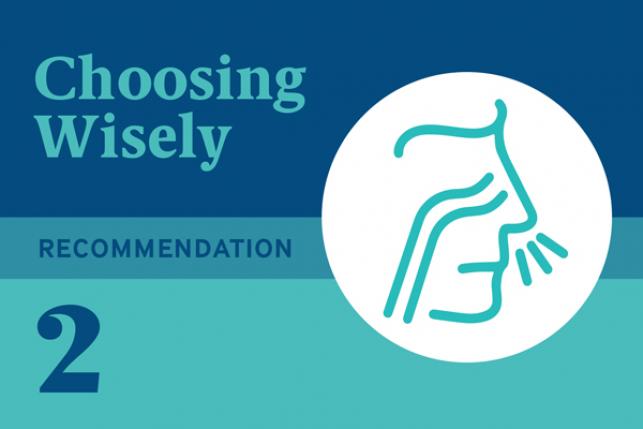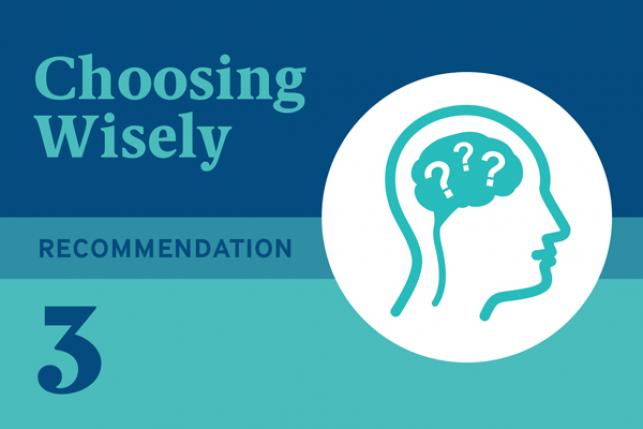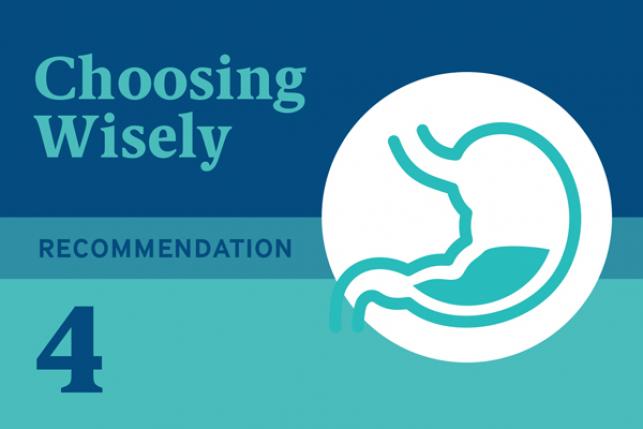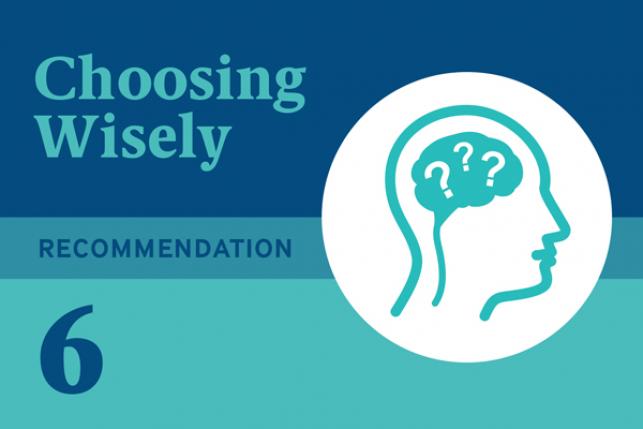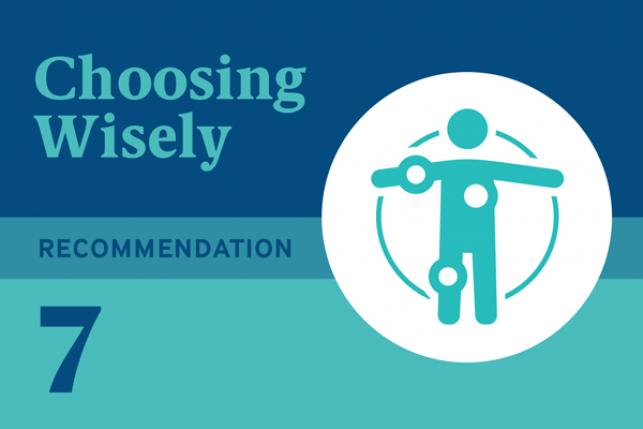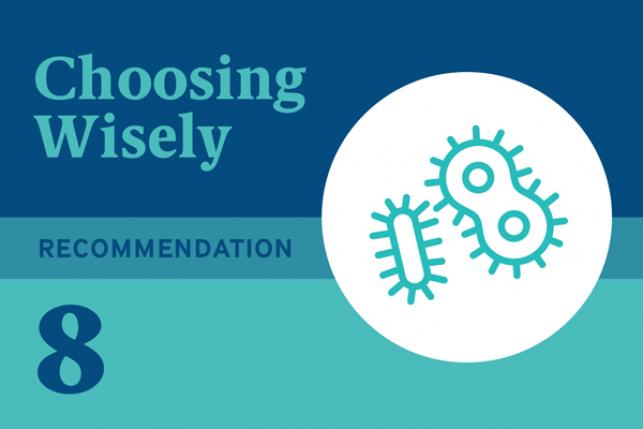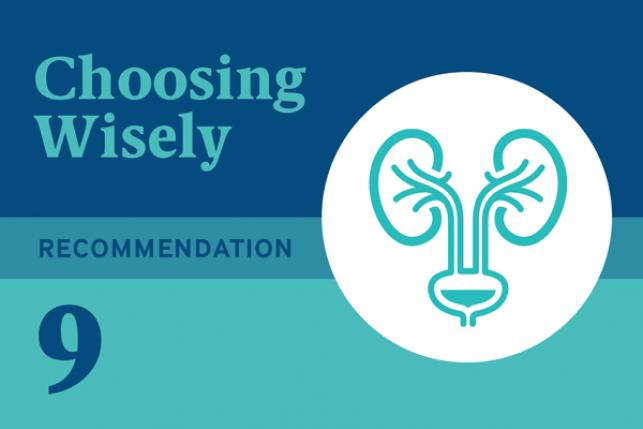There are “Choosing Wisely” campaigns to combat the overuse of health care in more than 20 countries. In each country, campaigns partner with national clinician societies to making recommendations about unnecessary and commonly overused medical practices that can harm to patients. In 2016, leaders from seven Choosing Wisely campaigns — in the United States, Canada, Italy, the Netherlands, Switzerland, Japan and Australia — participated in a consensus process to prioritize their top 10 recommendations across campaigns. Selections were guided by the frequency of occurrence of the overused practices, measurability of the recommendations, and the potential to avoid harm to patients. The top 10 were chosen from among more 1,000 recommendations across specialties and countries.
The cases below show the way different countries are implementing innovations in practice and research based each of the top 10 recommendations.
See some additional Choosing Wisely resources:
Infographic: The Harms of Overuse in Health Care Podcast Episode

